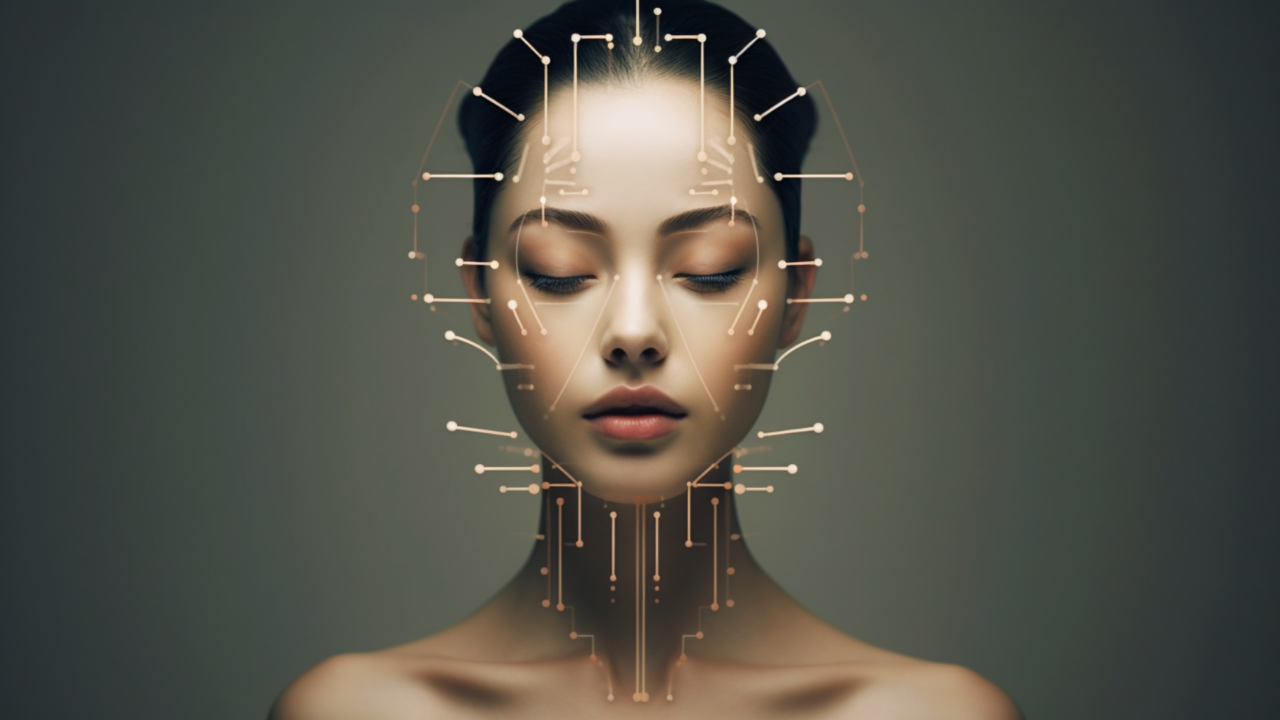Contrary to popular belief, social media has the potential to transform our attitudes towards body image, industry sustainability, and representation for the better.
If I were to ask for your opinion about the integration of beauty and technology, your response would most likely be negative.
For starters, having witnessed the damaging impacts of social media on our self-esteem, it’s become increasingly difficult not to associate platforms like Instagram with the filters, photoshopping, and polished faces that repeatedly make us question whether or not we look good.
Then, of course, is the issue of our ongoing climate crisis, which is being exacerbated by our collective affinity for buying into brands’ relentless marketing tactics that push onto us cosmetics and skincare products encased in packaging we know is made from environmentally toxic materials and will generate a lot of waste.
But what if I told you it isn’t all bad and that while there is growing unease about the effects of technology on beauty, some believe it has the potential to transform our relationship with the industry for the better?
To begin with, body positivity movements have never had so much traction, particularly the ones encouraging users to embrace the skin they’re in.

‘Gen Z has played a major role in destigmatizing these beauty narratives as they confidently say no to ‘normal’ and challenge topics previously deemed as taboo,’ says Hannah Mauser, analyst at consumer trend forecasting company WGSN.
‘Thanks to social media we’ve been able to access a multi-diverse pool of representation of what beauty looks like.’
And in terms of AR, which many argue is only perpetuating harmful ideals, Mauser presents another side of the coin.
‘Filters can help us play with different appearances,’ she continues.
‘This doesn’t necessarily mean low confidence but can be an opportunity for individuals to try on new personas or experiment with gender expression, makeup, and hair colour.’



















